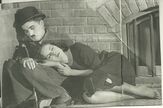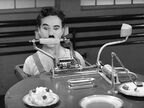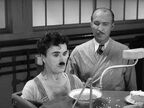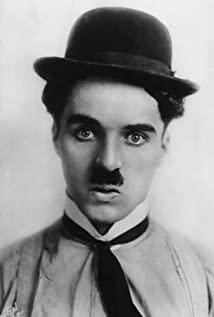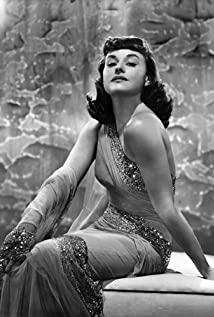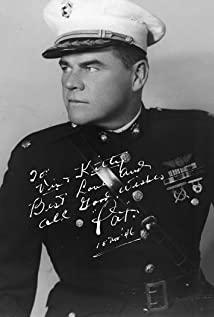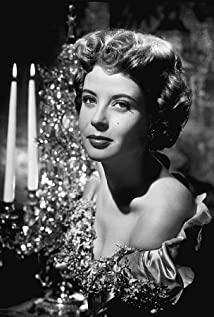In five years, Chaplin's film level has improved a lot than City Lights, absolutely. Summarizing Bazin's argument, that is, the "ontology" of Chaplin's film, Charlot's character, which is contrary to the utilitarian nature of ordinary people, has been consciously used in this film, which is consistent with the theme of the film. As a film in the transition period from silent films to sound films, the modern era also incorporated "sound" into this theme. At first, the words were only controlled by radio stations (authoritative self-consolidation tools) and capitalists. Finally, the bottom people finally took the first place in music performances. Once he had his own voice, it was the only time that Charlot did not conflict with the workings of the secular world (because the non-utilitarian nature of music and art was compatible with it, he did not have to invest in long deliberation, compromise, but "forget it". The lyrics "sing as you like, be in the moment" are immediately taken away again. I have to say that the sound element is too important for comedy. City Lights always feel that every place that tries to create an "attractive" moment is bad. Most of them are short of concise and catchy sound effects. The air is out. To be honest, when I watched these two Chaplin movies, I often felt that some of the jokes themselves were still funny, but because the characters were so miserable, the sadness and anxiety overwhelmed the urge to laugh, and many times I really couldn’t laugh and wanted to cry…
View more about Modern Times reviews



